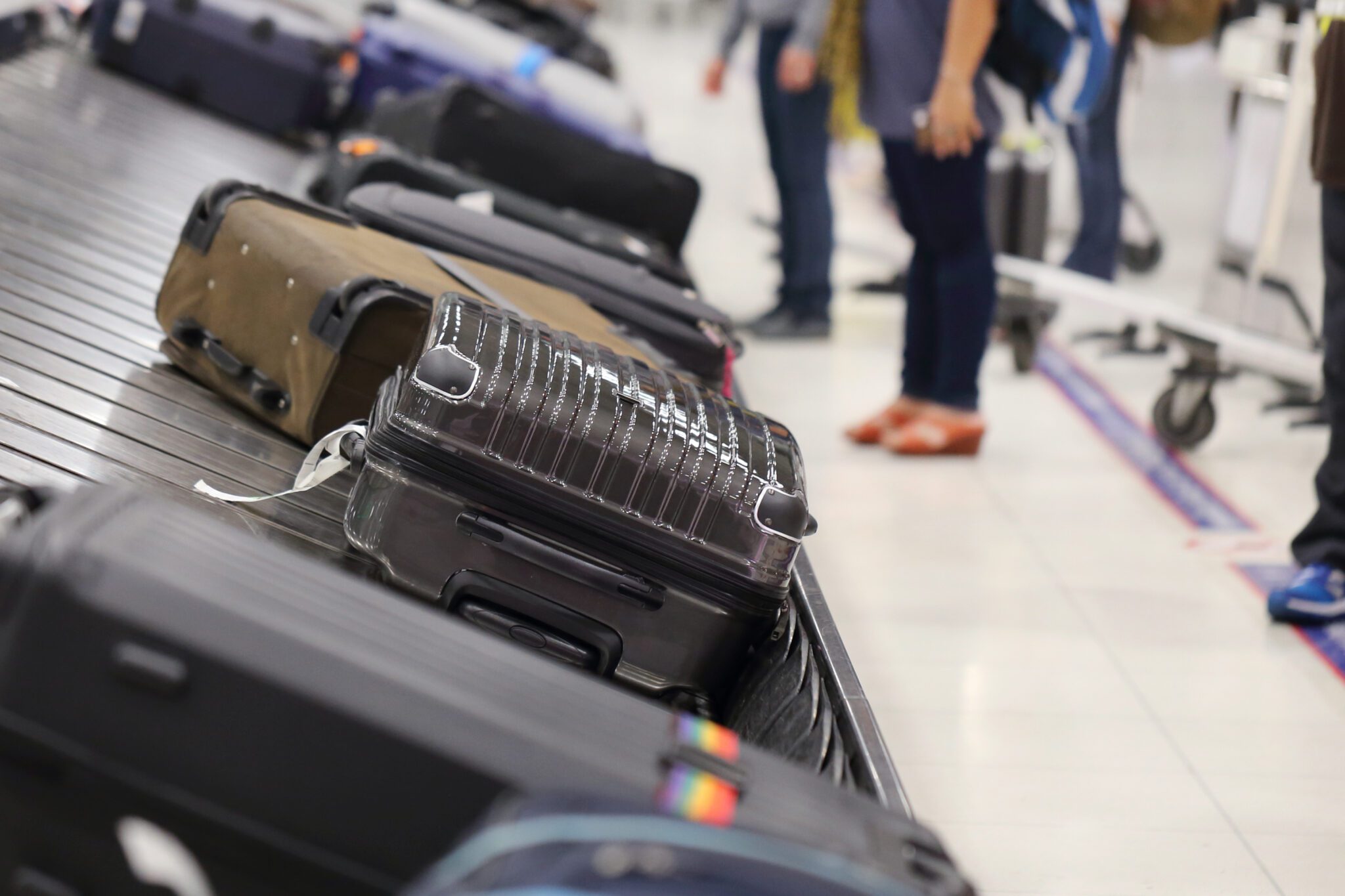Tour Business Viator Opts for Quality Over Quantity With the Land Grab Ending

Skift Take
Founded 25 years ago, tours and activities business Viator's initial tactic was to emphasize a curated selection of top experiences in each destination, but Tripadvisor reversed that strategy three months later after acquiring the company in 2014.
At that juncture in November 2014, Tripadvisor decided that quantity would be the way forward as that was a push that some of its rivals were making.
But now, with some 395,000 tour products in the fold, there's a new pivot.
In a move announced Tuesday and reported by Arival, Viator introduced new product quality standards that would give more exposure to excellent tours and activities, and penalize and even delist others that it finds to be subpar.
In an open letter to operators from president Ben Drew, Viator detailed product quality standards that differentiate "excellent" vendors from merely "good" ones. For example, an excellent tour operator might have at least six quality photos in their listing but a good one might post just two; an excellent activity operator would offer instant confirmations and accept mobile tickets, but a good listing would do neither.
In addition, an excellent attractions operator would be connected to a reservations system — Tripadvisor happens to own one, Bokun — or have a booking cutoff of less than four hours while merely good attractions wouldn't have a reservation system connection or would cut off bookings longer than four hours before the activity.
Self-Interest Involved?
The move toward an emphasis on quality would mostly be good for consumers — but Viator isn't being totally altruistic because these moves are in its self-interest, as well.
"Our data shows that travelers choose high-quality experiences 3x more often than lower quality ones," Drew wrote. "Last year alone, our highest-rated products saw a significant growth in bookings. Quality matters for your — and our – customers, so we’re leveraging our insights to help you create the best quality products for them."
In an era where SoftBank money is flowing to rivals such as GetYourGuide in Germany and Klook in Hong Kong, and with Airbnb upping its game in experiences, Viator and parent Tripadvisor are trying to make their online presence more responsive to customers and their marketing efforts more efficient.
Viator salespeople will still be trying to sign up new operators, but quality and not volume will be the emphasis, if you believe Drew's letter.
$29 Fee
In a related move, Viator initiated a product review process when onboarding new listings with a $29 fee tacked on.
A spokesperson for rival Klook said the company was "quite surprised to see such an approach rolled out, particularly during this timing. This might place quite a burden on merchants, especially the small operators, during this challenging climate."
Klook doesn't charge operators listing fees when they sign up "and we don't intend to so in the future," the Klook spokesperson said.
"We believe more OTAs (online travel agencies) should support and not create additional barriers for the operator community which is struggling with us," the Klook spokesperson said.
Tour operators slammed the new fee, according to Tourpreneur, which offers an operator directory and podcast.
Chris Torres, founder of the Tourism Marketing Agency, wrote in a LinkedIn post that he welcomes Viator taking more control over the caliber of its listings, but "charging operators $29 per product listing, as well as a higher commission rate is a slap in the face."
Torres argued that the new fee may not be too onerous for small operators, "but if you are a tour operator with 10, 15, 50, 500 products or more, it all adds up. This, at a time when the tourism industry is on its knees looking at these platforms for support and you do this by possibly pulling their products and charging them a fee, per tour, for the pleasure."
Asked about the timing of the fee, a Viator spokeswoman noted it won't be charged until a few months from now. "Now’s not the time to surprise anyone with new costs; we understand (and have felt) the impact of COVID-19 on the industry," the spokeswoman said. "That’s why we’re announcing this now, but not introducing it until August 1. If operators have new products to add, we’d encourage them to make those additions before then."
Note: This story has been updated to add additional commentary from Klook.





